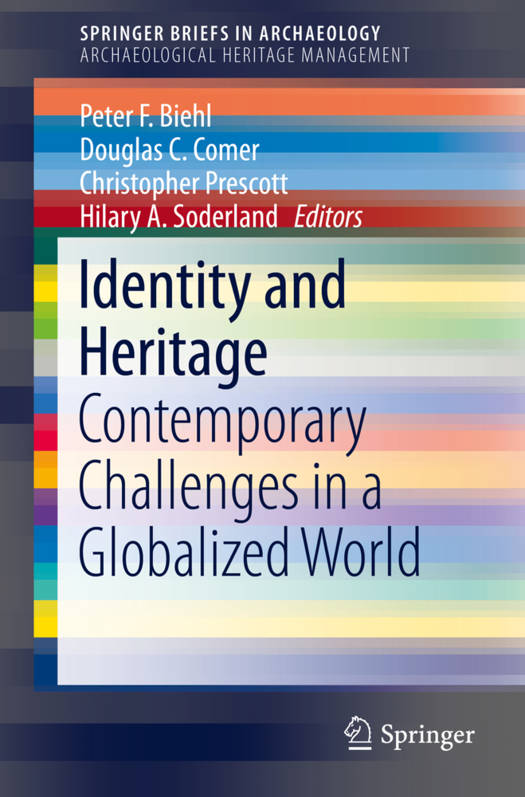
- Retrait gratuit dans votre magasin Club
- 7.000.000 titres dans notre catalogue
- Payer en toute sécurité
- Toujours un magasin près de chez vous
- Retrait gratuit dans votre magasin Club
- 7.000.0000 titres dans notre catalogue
- Payer en toute sécurité
- Toujours un magasin près de chez vous
Identity and Heritage
Contemporary Challenges in a Globalized World
Description
This book will suggest new agendas for identity and heritage studies by means of presenting contentious issues facing archaeology and heritage management in a globalized world. The book is not only present the variability of heritage objectives and experiences in the New and Old World, and opens a discussion, in a shrinking world, to look beyond national and regional contexts. If the heritage sector and archaeology are to remain relevant in our contemporary world and the near future, there are a number of questions concerning the politics, practices and narratives related to heritage and identity that must be addressed. Questions of relevance in an affluent, cosmopolitan setting are at odds with those relevant for a region emerging from civil war or ethnic strife, or a national minority battling oppression or ethnic cleansing. A premise is that heritage represents a broad scope of empirically and theoretically sound interpretations - that heritage is a response to contemporary forces, as much as data. It is therefore necessary constantly to evaluate what is scientifically accurate as well as what is valid and relevant and what can have a contemporary impact.
Spécifications
Parties prenantes
- Editeur:
Contenu
- Nombre de pages :
- 172
- Langue:
- Anglais
- Collection :
Caractéristiques
- EAN:
- 9783319096889
- Date de parution :
- 07-11-14
- Format:
- Livre broché
- Format numérique:
- Trade paperback (VS)
- Dimensions :
- 156 mm x 234 mm
- Poids :
- 267 g

Les avis
Nous publions uniquement les avis qui respectent les conditions requises. Consultez nos conditions pour les avis.





